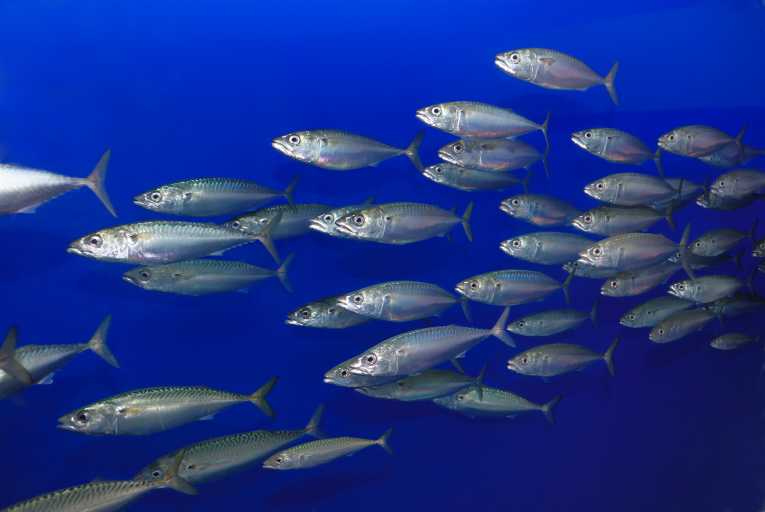The health-conscious amongst us will know that eating sustainable fish is a great way to maintain a nutritious, balanced diet. By eating fish, we supply our bodies with a regular dosage of essential Omega-3 and -6 fatty acids (Eicosapenaenoic and Docosahexanoic acids) which maintain healthy brain function and promote healthy tissue growth. 'So we should be eating lots and lots of fish, then?' I hear you ask. Well actually 'no'.
The bad news is that fish stocks are heavily contaminated with heavy metals and toxins; years and years of polluting the sea and abusing the planets natural resources has finally begun to affect human food supply. The fish that we eat now carries a substantial degree of contamination from radioactive elements such as Mercury, and a team of researchers from the Hebrew University of Jerusalem and the United States have now established the causative link between polluted ocean waters and the fish in our supermarkets.
The research team, comprised of Prof. Menachem Luria from the Fredy and Nadine Herrmann Institute of Earth Sciences at the Hebrew University of Jerusalem and Dr. Daniel Obrist of the University of Nevada, investigated the different qualities of Mercury and how it reacts with our atmosphere. They discovered that the 'passive' nature of Mercury reacts with Bromine (a volatile, brown liquid composition found in sea water) to become essentially 'active' (in other words, a substance capable of oxidation).
This transition from 'passive' to 'active' permits Mercury to be absorbed into the surrounding environment where it was formerly a non-transferrable substance. This basically means that it goes from 'not especially troublesome' to 'very dangerous' with alarming speed. The 'active' incarnation of Mercury is liable to contaminate all materials with which it come into contact; sea water, plant life and marine animals. Rub a shark against a thermometer and you have got yourself the ultimate fighting machine.
The research team extracted samples from the air over the Dead Sea (a region known for its heavy Bromine concentrations) in order to ascertain to what extent Mercury reacted with Bromine. Research Scientist Professor Luria said of the study: "In the world generally, the amount of oxidized mercury in the atmosphere constitutes about one percent of all the mercury in the atmosphere, while above the Dead Sea the oxidized mercury often amounts up to about 50 percent."
While the concentration of Bromine in the Dead Sea is notably high (over 200 times more than for any other body of water) the same rule applies to all oceanic masses. In fact; the reactive process of Mercury adapting from a 'passive' to an 'active' state is true for all sea water, although the extent will differ between locations.
The World Health Organisation has issued repeated warnings about the high levels of Mercury concentration in fish supplies, and it is now advised that we restrict out fish intake to three portions per week to reduce the likelihood of exposure to high levels of radiation. We are now faced with something of a dilemma; if the concentration of toxins and heavy metals in seas continues to build, how will we maintain a healthy diet without running the risk of simultaneously imbibing damaging contaminants?










